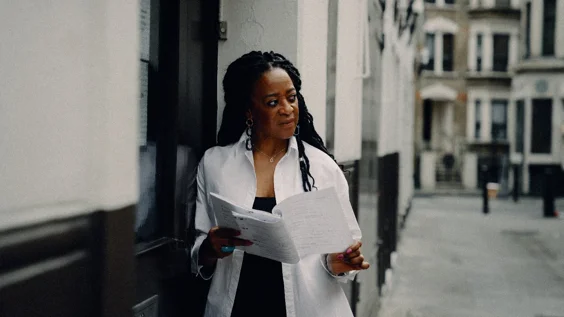The Equality Act states that you must not be discriminated against because you are in a marriage or a civil partnership.
In the Equality Act marriage and civil partnership means someone who is legally married or in a civil partnership. Marriage and civil partnership can either be between a man and a woman, or between partners of the same sex.
This protected characteristic does not apply in these circumstances:
- You are single
- You are either divorced or have had a civil partnership dissolved
- You are engaged to be married
- You are living with someone as a couple, but not married or in a civil partnership
The protected characteristic of marriage and civil partnership offers fewer protections from discrimination compared to others. But it’s still important that you seek early advice and guidance from us if you feel you have experienced poor treatment.
Contact Equity
Circumstances when being treated differently due toa marriage or civil partnership may be lawful
An employer can refuse to employ you because you are married or in a civil partnership if the work is for the purposes of an organised religion. For example as a Catholic priest.
The protected characteristics within the Equality Act normally provide protection from harassment related to the characteristic. This does not apply to marriage and civil partnership. If however, you feel that you have been harassed and have in some way been treated differently than someone who is not married or in a civil partnership then you may be able to able to pursue a claim for direct discrimination. For example you have not been provided with the same level of support.
You should speak to us about any claim of harassment as early as possible. We can talk through the options available to you.
Our work to combat marriage and civil partnership discrimination
Our Casting Questions Card underlines that questions related to marriage and civil partnership are unlawful and should be challenged.

